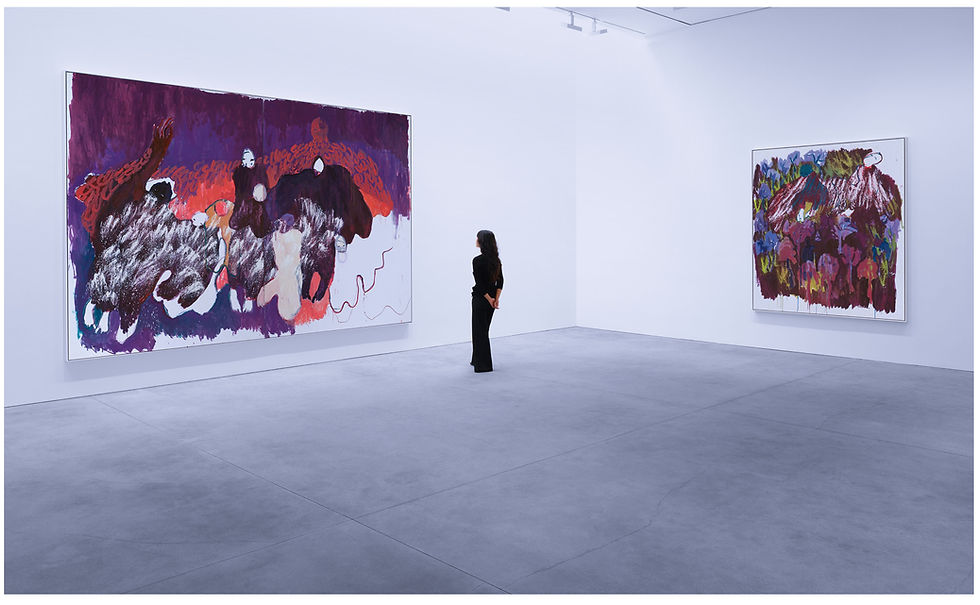“Not in Basel”: Art World Passport Becomes Symbol of Global Exclusion and Cultural Resilience.
- Jun 18, 2025
- 2 min read
by artWeb

As the inaugural Africa Basel fair takes place in Switzerland from 18 to 22 June 2025, a poignant irony underscores one of its most daring and thoughtful projects. The Art World Passport, a conceptual, collectible, and interactive art initiative by Zimbabwean artist Richard Mudariki, was set to take centre stage in Basel. Instead, Mudariki himself was denied a Swiss visa, making his absence a powerful echo of the very exclusion his project was created to critique.
In a widely shared article published by The Art Newspaper (“Artist whose work addresses art world access is not in Basel - because his visa was denied”, 17 June 2025), the contradiction was laid bare: an artist invited to challenge systems of exclusion through art is himself barred from entry. The denied visa, now paired symbolically with his Art World Passport, exposes the stark reality behind the curatorial gloss of inclusion.
Launched previously during Frieze Week in New York to much acclaim, the Art World Passport reimagines the notion of travel documents. It invites participants - artists, curators, art critics, collectors and the art loving public to use it as a tool for chronicling their cultural journeys, collecting symbolic “stamps” from art events around the world. The passport is more than a novelty; it’s a manifesto against gatekeeping, borders, and the bureaucracy that limits creative mobility.
The project gained serious international traction, attracting the attention of curators from Centre Pompidou, Brooklyn Museum, Norval Foundation, New York Folk Museum and directors of major biennales. In Basel, the passport is joined by a newly launched Art Basel Week VISA, a collectible insert featuring artworks by leading contemporary artists such as Portia Zvavahera, Wallen Mapondera, Collin Sekajugo, Richie Madyira, Option Nyahunzvi, and Farai Samurai.

Yet, the spotlight now shines not only on the innovative design of the passport, but on its raw, political resonance. Mudariki’s exclusion embodies the systemic obstacles faced by artists from the Global South. In a time when access to art fairs, exhibitions, and international audiences often hinges on arbitrary visa processes, the project gains new weight and urgency.
Across the world, visa inequality remains a barrier for cultural producers. From President Trump's proposed travel bans to Zambian President Hakainde Hichilema’s recent criticism of the UK's visa rejection policies, the problem is not isolated — it's global. The Art World Passport is thus both a poetic countermeasure and a protest: it asks us to envision a world where cultural access is not dictated by national borders, but by the value of human creativity.
Visitors in Basel can still interact with the project at Africa Basel’s venue at Ackermannshof or online via artworldpassport.com. But the message is now louder than ever - the artist may not be in the room, but his work speaks volumes. The Art World Passport is no longer just an artwork. It is a document of truth, a protest artefact, and a rallying cry for a more open, inclusive art world.




Comments